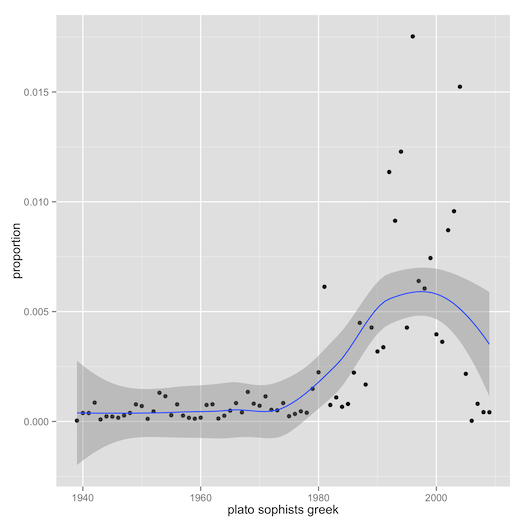plato sophists greek socrates gorgias rhetoric isocrates sophistic logos schiappa ancient athenian philosophy athens reading protagoras phaedrus words review

plato sophists greek socrates gorgias rhetoric isocrates sophistic logos schiappa ancient athenian philosophy athens reading protagoras phaedrus words review
